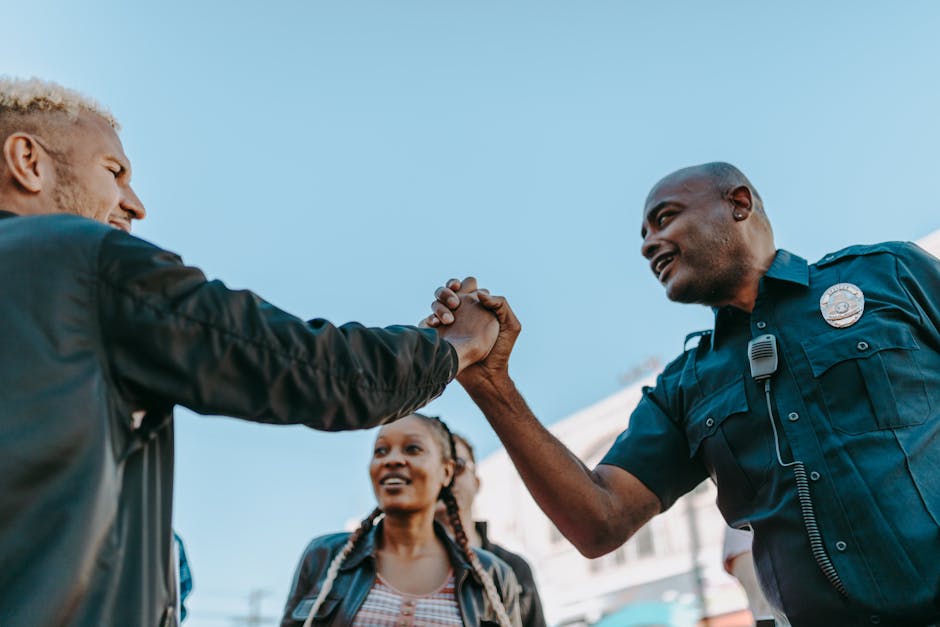Biya’s Controversial Election Victory Sparks Unrest
Cameroon’s long-ruling President Paul Biya has been declared the winner of the recent presidential election, triggering deadly protests across the nation. The 85-year-old leader, in power since 1982, secured a seventh term despite allegations of electoral fraud, voter suppression, and intimidation. Opposition groups, especially from English-speaking regions, rejected the results, leading to violent clashes with security forces. Here’s a breakdown of why Cameroon is engulfed in turmoil.
Election Fraud Allegations Surround Biya’s Win
The Cameroon Electoral Commission announced Biya’s victory with 71% of votes, while his main rival, Maurice Kamto of the Cameroon Renaissance Movement (MRC), received only 14%. Kamto and opposition leaders dismissed the results as fraudulent, citing:
– Ballot stuffing in pro-Biya regions
– Voter intimidation, particularly in Anglophone areas
– Internet shutdowns to disrupt opposition coordination
International observers, including the African Union, offered tepid approval, but local activists insist the election was neither free nor fair.
Anglophone Crisis Deepens Political Tensions
The protests stem not only from the disputed election but also from long-standing grievances in Cameroon’s English-speaking regions. Comprising about 20% of the population, Anglophones accuse the Francophone-dominated government of marginalization. Over the past two years, separatist movements in the Northwest and Southwest regions have intensified, with armed groups seeking independence as “Ambazonia.”
Government crackdowns—military raids, arrests, and internet blackouts—have only worsened tensions. The election, perceived as reinforcing Biya’s authoritarian rule, has further inflamed these divisions.
Deadly Clashes Erupt Nationwide
Protests erupted in major cities like Douala, Yaoundé, and Buea following the results. Security forces responded with live ammunition, tear gas, and mass detentions. Human rights groups report at least eight protesters killed, though unofficial estimates suggest higher casualties.
Kamto, declaring himself the “people’s president,” urged peaceful resistance but warned that government repression could worsen instability. Meanwhile, Biya’s supporters touted the win as a sign of continuity in a volatile region.
What’s Next for Cameroon?
The international community has called for restraint, but Biya shows no willingness to concede. Key possible outcomes include:
1. Increased Violence – Harsher crackdowns could lead to more deaths and displacement.
2. Mediation Efforts – External pressure may push for dialogue, though Biya has resisted reforms in the past.
3. Prolonged Instability – Without resolution, the Anglophone crisis and opposition unrest will persist.
Conclusion: Cameroon at a Crossroads
Biya’s extended rule comes at the cost of national unity, with protests reflecting deeper demands for justice and democracy. The world watches as Cameroon balances between chaos and potential reconciliation.
Follow [Your News Outlet] for real-time updates on Cameroon’s political crisis.




